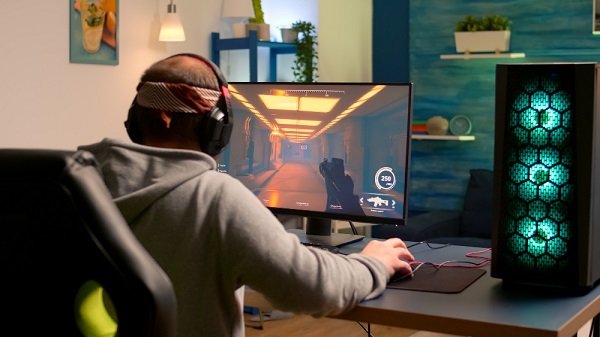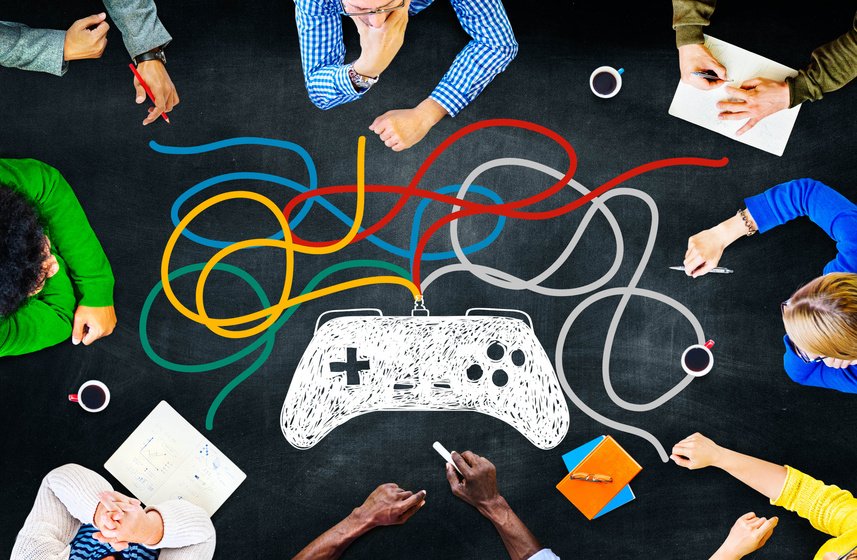The Emergence of Educational Gaming
Video games are increasingly being recognized for their potential in education. Once seen merely as entertainment, games are now being harnessed to enhance learning experiences. Educational games and game-based learning leverage the engaging nature of games to teach various subjects and skills. This approach taps into the motivational power of gaming to make learning more interactive and enjoyable.
Enhancing Engagement and Motivation
One of the main advantages of using video games in education is their ability to boost engagement and motivation. Traditional teaching methods can sometimes struggle to captivate students’ attention, but games naturally captivate and motivate players through challenges, rewards, and interactive elements. Games like Math Blaster and Oregon Trail have demonstrated how gamification can make learning subjects like math and history more appealing to students.
Developing Critical Thinking and Problem-Solving Skills
Video games often require players to solve complex problems, make strategic decisions, and think critically. These skills are transferable to real-world situations and academic subjects. Games like Portal and The Legend of Zelda challenge players to think creatively and solve puzzles, fostering skills that are valuable in both academic and everyday contexts.
Personalized Learning Experiences
Educational games can offer personalized learning experiences tailored to individual needs. Adaptive learning systems within games can adjust difficulty levels and content based on a player’s performance and progress. This personalized approach ensures that students are challenged appropriately and can learn at their own pace. Games like DreamBox and Khan Academy Kids provide adaptive learning environments that cater to various learning styles and needs.
Encouraging Collaboration and Social Learning
Many educational games promote collaboration and teamwork, which are essential skills in both academic and professional settings. Multiplayer games and collaborative tasks encourage students to work together, communicate effectively, and share ideas. Games like Minecraft and Among Us offer opportunities for social learning and cooperation, helping students develop interpersonal skills and learn from their peers.
Real-World Applications and Simulations
Educational games often incorporate real-world applications and simulations, allowing students to explore and understand complex concepts through interactive experiences. Simulations in games like SimCity and Flight Simulator provide hands-on learning opportunities in areas such as urban planning, economics, and aviation. These real-world applications help students grasp abstract concepts and see their practical relevance.
Enhancing Digital Literacy
Playing video games can also contribute to developing digital literacy skills. Understanding game mechanics, navigating virtual environments, and interacting with digital tools are all aspects of digital literacy. Educational games often require students to use technology effectively, fostering skills that are increasingly important in today’s digital world.

Evaluating Learning Outcomes
Assessing the effectiveness of educational games is crucial for ensuring their impact on learning. Research and studies have shown that well-designed educational games can improve knowledge retention, problem-solving skills, and overall academic performance. For example, games like Duolingo have been shown to enhance language learning outcomes through interactive and engaging methods.
Conclusion
Video games are revolutionizing education by making learning more engaging, interactive, and effective. Through enhanced motivation, critical thinking development, personalized learning, and collaboration, educational games offer valuable benefits. As technology continues to advance, the integration of gaming into education is likely to expand, offering new and innovative ways to support and enhance learning experiences.

